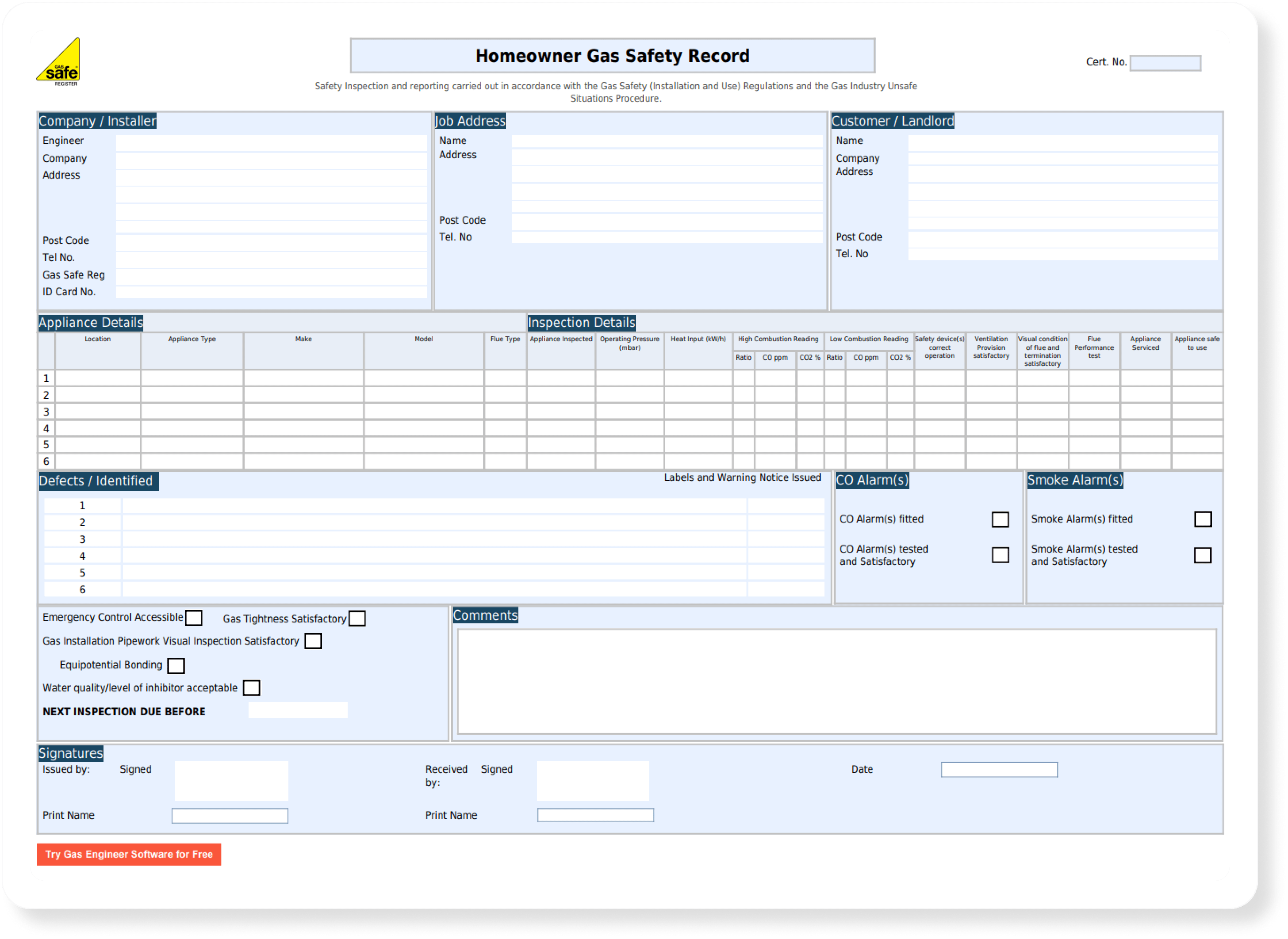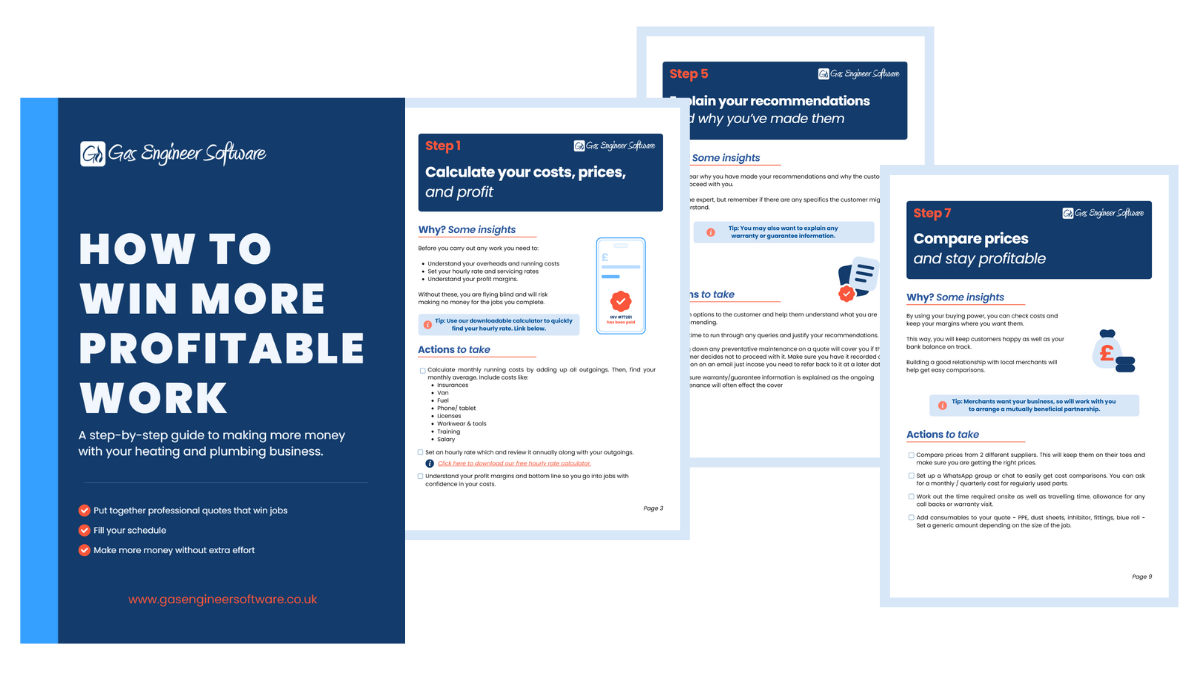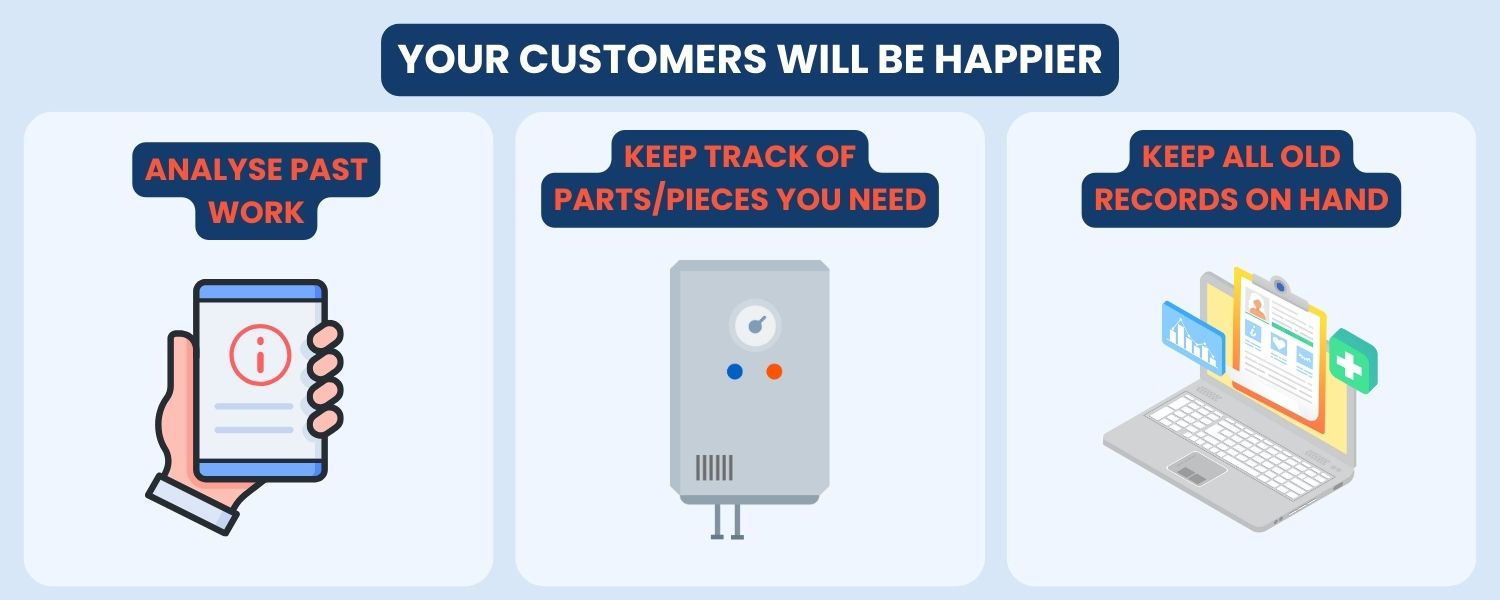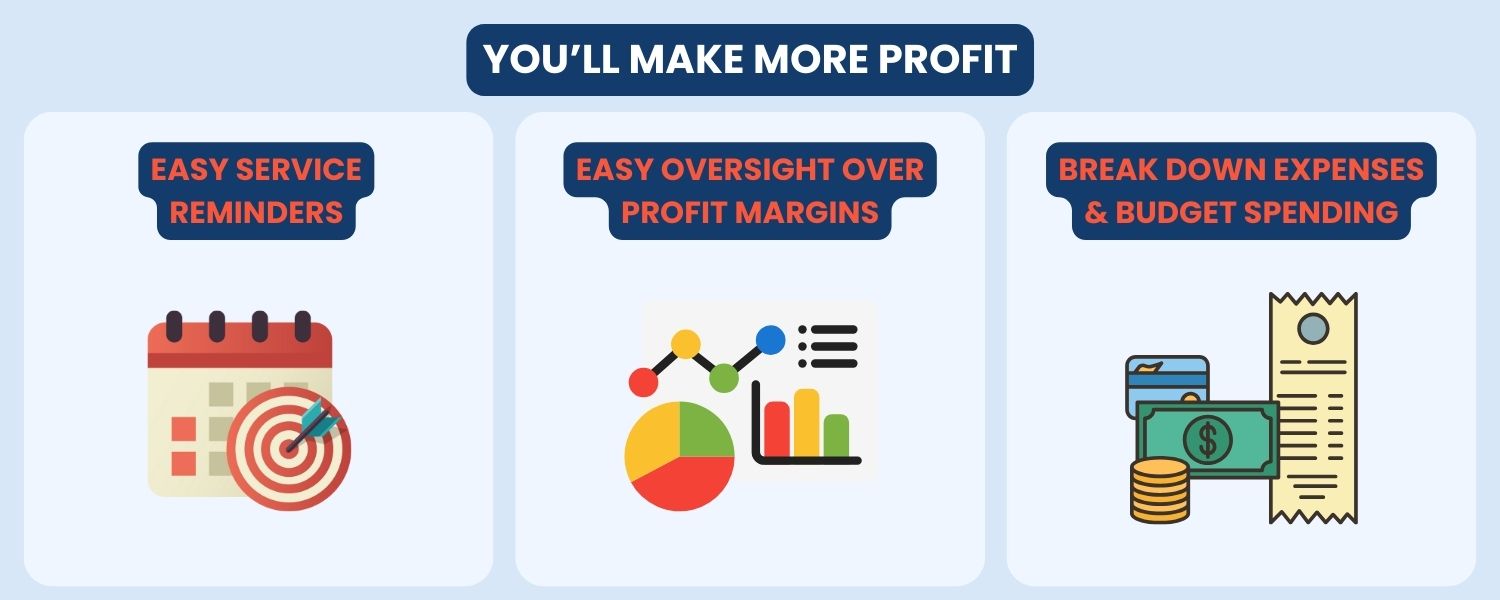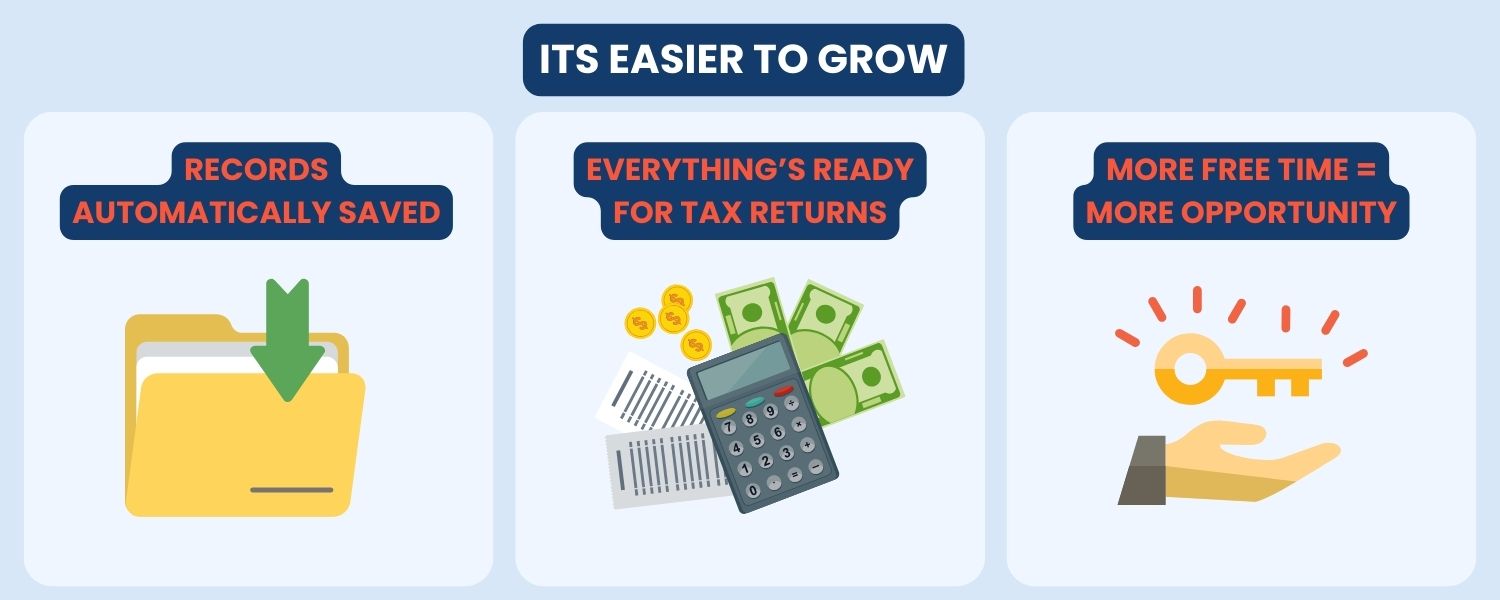Why You Need a Digital History of Job Records
![[Featured Image] Digital history of job records](https://gasengineersoftware.co.uk/wp-content/uploads/2024/04/Featured-Image-Digital-history-of-job-records-scaled.jpg)
As seen in the Jan/Feb 2024 issue of HVP Magazine.
Arran Saunders from Gas Engineer Software reviews the many benefits of keeping detailed records and a job history.
You wouldn’t be alone if you are one of those people who shove record-keeping to the bottom of their to-do list. It’s a task we all know should be done, but it doesn’t always seem as urgent (or profitable!) as other work.
However, an organised history of job records is one of the cornerstones of a successful business. Without one, it can feel like you’re constantly fighting against the tide and struggling to make ends meet.
It doesn’t have to be so tedious either: going paperless with a digital history of job records makes the process simpler and more effective. Rather than endless stacks of paper, you get a bird’s eye view of your company’s work. And, with specialised software, record-keeping can even become an effortless byproduct of a day’s work from quote to invoice.
But what is it about simple record-keeping that helps you run a more profitable business with less stress?
“An organised history of job records is one of the cornerstones of a successful business.”
#1: Better customer relationships
There are lots of different ways to improve your customer service. Being friendly, courteous, and arriving on time – these are all things everyone knows and can actively do. But what goes on behind the scenes can have a huge impact as well.
For example, having access to detailed job histories can help you analyse past work and identify areas you could improve. Customers won’t necessarily be aware of this, but a better service means happier customers. This is also relevant for inventory management: if you have clear historical data, you’ll be able to keep track of items you regularly need and not have to reschedule jobs because of late deliveries and merchant ordering.
Previous customers stand to gain even more from organised records. With quick access to details of a past job, it’s much easier to stay abreast of previously completed work. This is especially helpful if you employ several engineers, as some may be working for old customers for the first time. Also, whenever a customer needs a new copy of a certificate, it’s all there for you to quickly find and send without any hassle.
#2: A boost in profits
By far the most profitable aspect of detailed and accessible records is being able to send service reminders. Keeping track of the work you’ve done digitally makes it possible to sort job records by date. This way, you can easily see which customers will need a boiler service, for example, and capture more repeat business. Some software options can even automate this process entirely and take the stress completely off your plate.
On top of this, it becomes feasible to analyse your profit margins and identify areas in which you could cut costs or make price adjustments. You may also discover that a certain type of customer or job is much more profitable for your business. From here, you can decide to prioritise what works and make necessary adjustments to what doesn’t.
You’ll also be able to breakdown your expenses to better plan and budget your finances, and track the time spent on jobs to help with scheduling and efficiency improvements. For example, with accurate data you’ll be able to estimate how long a job takes and book an accurate time slot that gives you just enough time before the next.
#3: Easier growth
As your business grows, running a business becomes much more complicated. A sole trader may be able to manage their own work, but a larger team requires more effective record-keeping. Using software, your records can be automatically saved and organised as part of your workflow, rather than a separate task. This reduces the administrative burden and allows you and your team to focus on customer work.
When it comes to tax and financial management, a digital history of job records keeps everything tidy, organised, and easily accessible. Your invoices are never too far away, job sheets are always there to go back and check, and certificates are kept handy.
With better customer relationships, bigger profit margins, and simplified paperwork, growth is an easier and more natural progression for your business.
To keep things simple
Keeping job records definitely isn’t one of the glamorous parts of running a business, but it’s an important one. Improving your service quality isn’t just about the face-to-face interactions, but also all that goes on behind the scenes to upgrade workflows and increase efficiency.
With less to stress over and extra profit squeezed out of your work, it’s much easier to run a successful business.
Next steps:
If you’ve been thinking about implementing software into your workflow to save time, here’s what you can do next:
- Visit our resources centre where you'll find more articles like this one and our free gas rate calculator.
- Start a free trial to see exactly how our software works for your business.
- Watch our video demo to get an idea of how our software works. You can also book a 1-on-1 session with our customer success team for a more personalised experience.
- Know an engineer who's still using paper? Help them and us out by sending our software their way!
